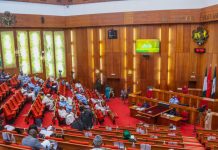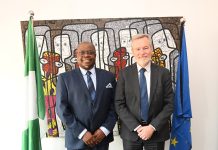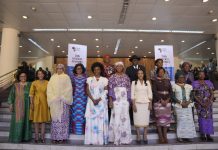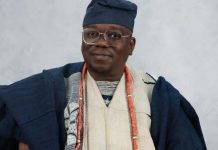Africa Urged to Shape Its Own AI Future
African nations must transition from passive consumers of Artificial Intelligence (AI) to becoming creators, regulators, and innovators rooted in their own values and priorities.
This call was made by Senegal’s Minister of National Education, Moustapha Mamba Guirassy, during a joint committee meeting of the ECOWAS Parliament in Dakar, it focused on prioritising education technology and innovation.
Minister Guirassy emphasised that for Africa to truly benefit from AI, it must “instill its wisdom, its memory, its vision of the world, its humanism and even its existential questions.”
He asserted that the goal is not merely to integrate dominant models, but to “create an educational AI, a bold, solidary, rooted image.”
He highlighted Senegal’s proactive approach, making AI a structural pillar of its education reform, supported by a new technological deal and a national digital strategy for education (2025–2029).
Senegal has already integrated AI into platforms for tracking school performance, provided AI fundamentals training for teachers, and introduced sensitisation modules for high school students to prepare them for algorithmic systems.
To underscore this commitment, the Senegalese government has allocated 1,105 billion CFA to its education sector, with 130 billion CFA specifically for digital education.
He proposed a comprehensive regional West African Pact to guide the ethical and inclusive use of AI in education.
This pact would be built on six key pillars: a regional ethical charter on AI, shared digital educational resources in African languages, a network of AI experts, teacher certification, a regional innovation fund, and data sovereignty policies.
Beyond Consumption: Developing Homegrown Solutions
Guy Marius Sagna, Head of the Senegalese Delegation to the ECOWAS Parliament, reinforced this message, stating that education technology is no longer optional but a strategic necessity.
He noted that the COVID-19 pandemic served as a “catalyst” for digital transformation in education, stressing that West Africa must move beyond simply consuming foreign technology to developing homegrown solutions tailored to its specific needs.
Sagna warned that the traditional “one-size-fits-all” model of education is becoming obsolete, and education technology must be leveraged to promote equity and inclusivity, particularly for vulnerable groups.
He underscored that “education technologies do not only constitute the foundation that will enable us to overcome the current crisis. They represent a strategic imperative for national development.”
The Co-Chairman of the Joint Committee, Orlando P. Dias, further emphasised the importance of developing a strong legal and ethical framework for AI in the region.
He urged ECOWAS lawmakers to engage in a broader reflection on the social and political implications of emerging technologies, moving beyond purely technical discussions.
Dias referenced a call by the President of the Council of Brazil during a previous ECOWAS session to consider AI as a strategic matter and to adopt a community act to regulate its development and use.
He concluded that the ECOWAS Parliament would combine academic research with practical field visits to ensure that future recommendations accurately reflect the real needs and capacities of member states, striving to create “a more innovative, inclusive and resilient education system that lives up to the aspirations of our young people and the demands of the 21st century.”



























